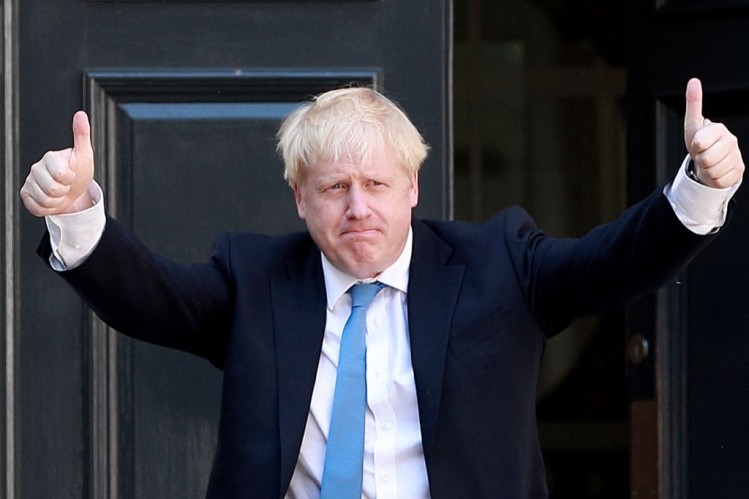Obesity campaigners fear new UK Prime Minister will bury obesity proposals

The Cabinet Office and Department of Health published a green paper setting out policies aimed at tackling causes of ill health just hours before Johnson was confirmed as the new leader of the ruling right-of-centre Conservative party.
The document was expected to outline a number of policies to tackle obesity. Instead, it promised a third chapter, at some point in the future, to detail such plans. The third chapter promises “bold action on: infant feeding, clear labelling, food reformulation improving the nutritional content of foods, and support for individuals to achieve and maintain a healthier weight.”
The green paper confirmed that the government plans to ban children under the age of 16 from buying energy drinks. It stated too that the government may extend the Soft Drinks Industry Levy (SIDL) to sugary milk drinks ”if the evidence shows that industry has not made enough progress on reducing sugar”.
It also announced it would commission a survey to explore the benefits of breastfeeding and “the use of foods and drinks other than breast milk in infancy”.
Campaigners however voiced concerns over the timing of the proposals.
Professor Graham MacGregor, chair of campaign group Action on Salt said: "While we are pleased to finally see new salt reduction actions in the prevention green paper, we have concerns over the robustness of these proposed plans which suggest that monitoring reports will not be released until 2024, four years following implementation of the new salt reduction targets.
“Research released last week exposed the disastrous lack of monitoring under the Public Health Responsibility Deal which stagnated progress on salt reduction, leading to thousands of preventable cases of stroke, heart failure and heart disease.”
Johnson is against a ‘nanny state’
Johnson has previously hinted he opposes ‘nanny state’ measures, saying he would review levies on foods high in salt, fat and sugar, which he claimed unfairly targeted the less-well off in society. He has vowed not to introduce any new ones until the review is complete.
The country was one of the first in Europe to introduce a sugar tax on sweetened beverages.
However, Johnson told a leadership campaign rally that "sin taxes" were disproportionately paid by poorer families. He called the current evidence that they reduced the consumption of unhealthy foods "ambiguous" and said he wanted to see proof that taxes "actually stop people from being so fat".
"We have got to deal with obesity, but we have got to do it in a way that is evidence based," he said.
The Royal College of Nursing questioned why the plans were issued in the “dying days” of the current Government.
MacGregor told Johnson, who plans to force the EU to renegotiate a Brexit withdrawal deal with the UK, to stand up to the UK food industry.
“If the new Prime Minister wants to show that he really is a strong negotiator and able to stand up to bullies, then he needs to be able to stand up to the UK’s food industry who have continuously put their profits over the health of those less well off in our society,” he said.
“It’s imperative the Secretary of State for Health introduces robust and independent target setting, monitoring and enforcement as public health has suffered enough."
‘A needless distraction in the face of a no-deal Brexit’
The UK’s industry body the Food and Drink Federation said the obesity plan was redundant while the sector faces the impending distraction of a no-deal Brexit.
Tim Rycroft, FDF chief operating officer said: “Today’s announcement of a third Childhood Obesity Plan in the space of just four years is a needless distraction at a time when the food and drink industry faces the unparalleled threat of a no-deal Brexit. If we leave the EU without a deal we will see food prices rise and significant shortages of some products – now is not the time for the Department of Health and Social Care to rush out plans.
“FDF and its members recognise that obesity levels are too high. Food and drink manufacturers are already fully engaged in a wide range of government-led initiatives. What we need now is an holistic strategy which includes focused action to support those communities where it is most required.”

















